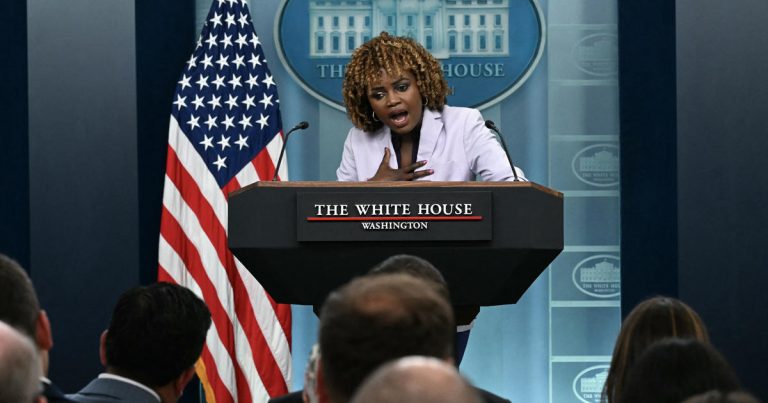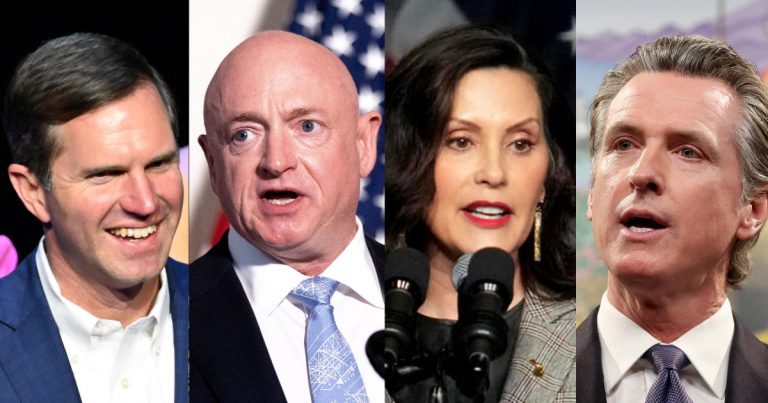Special counsel submits important document in Trump’s case in Washington D.C., but it’s still confidential.
Special counsel Jack Smith has recently filed a crucial legal brief in the federal case against former President Donald Trump regarding the 2020 presidential election. This significant filing, expected to span up to 180 pages, is anticipated to offer a comprehensive overview of the evidence gathered by federal prosecutors in their case against Trump. The filing, submitted to the U.S. District Court for the District of Columbia, remains confidential as the judge contemplates the subsequent steps in the legal process.
Former President Trump has pleaded not guilty to four counts stemming from the special counsel’s accusation of an illicit scheme to overturn the results of the 2020 election with the aim of prolonging his stay in power for another four years. The pending filing, along with any accompanying exhibits, has the potential to provide the public with valuable insights into the special counsel’s probe into Trump’s alleged attempts to obstruct the peaceful transition of power, should certain portions of the document be unveiled. The filing reportedly contains a significant amount of sensitive information, including recordings, transcripts, and witness testimonies, typically kept confidential, as indicated by Smith’s team in a separate filing.
Smith’s team submitted the document under seal, signifying that it has not been released to the public. The decision of whether to disclose the submission, and the timing of such disclosure, rests with U.S. District Judge Tanya Chutkan, who is overseeing the case.
In August 2023, Smith initially brought charges against Trump, but a federal grand jury issued a revised indictment narrowing the allegations in response to the Supreme Court’s ruling that the former president holds absolute immunity from prosecution for official actions taken while in office. This ruling prompted additional proceedings before Judge Chutkan, who now faces the decision of whether the newly alleged conduct warrants criminal charges in accordance with the Supreme Court’s guideline.
Federal prosecutors maintain that the updated indictment aligns with the Supreme Court’s decision, emphasizing that Trump operated as a presidential candidate rather than an officeholder at the time of the incidents. Among the allegations raised by Smith and his team is the claim that Trump solicited Vice President Mike Pence to unilaterally reject state electoral votes during a joint session of Congress on January 6, 2021, when Pence, as the president of the Senate, presided over the session in a ceremonial role.
Conversely, Trump’s legal team contends that communications with Pence are protected by immunity and should not be admissible as evidence in the case against him. They intend to challenge the entire indictment, aiming to have it dismissed on various grounds.
Following their first meeting in light of the Supreme Court’s ruling, Trump’s lawyers initially proposed deadlines that would extend the proceedings into 2025. However, Judge Chutkan established a timeline that requires the majority of filings to be submitted before the November election. This schedule could offer the public greater insight into Smith’s case against Trump and the evidence collected, potentially before Election Day, where Trump is seeking reelection amidst a close race with Vice President Kamala Harris.
If reelected, Trump may direct the Justice Department to seek the dismissal of charges against him. His legal team has argued against the public disclosure of evidence gathered by the special counsel and expressed concerns to Judge Chutkan about the potential impact of damaging information being revealed as voters begin voting.
While Judge Chutkan has affirmed that the upcoming election will not influence her decision-making, she indicated that setting a trial date would be impractical, given the circumstances of the case. Any determinations made by Judge Chutkan regarding the scope of presidential immunity in the new indictment will likely be subject to appeal up to the Supreme Court.
In its recent opinion, the conservative majority on the Supreme Court outlined three categories of presidential actions and the corresponding levels of immunity. The Court clarified that presidential actions within a president’s exclusive constitutional authority merit absolute immunity, while official acts are presumed to be immune. In contrast, unofficial acts do not benefit from immunity.
Under this new standard, the Supreme Court shielded Trump from criminal charges related to discussions with Justice Department officials. However, the Court deferred to the district court on whether further prosecution concerning Trump’s alleged conduct, particularly in influencing Pence’s oversight of Congress’ electoral vote certification, is permissible.
As highlighted by Judge Chutkan in a recent filing, she is meticulously analyzing the allegations in the indictment, adhering to the Supreme Court’s directive for a thorough and fact-specific evaluation of the case.








